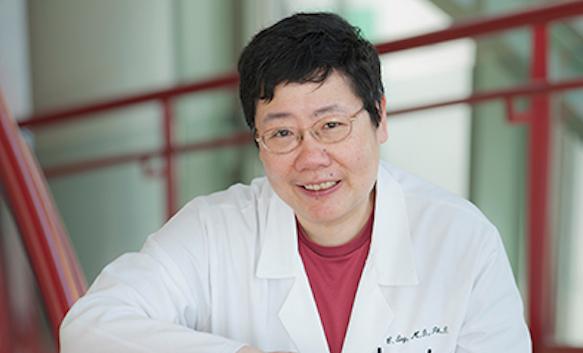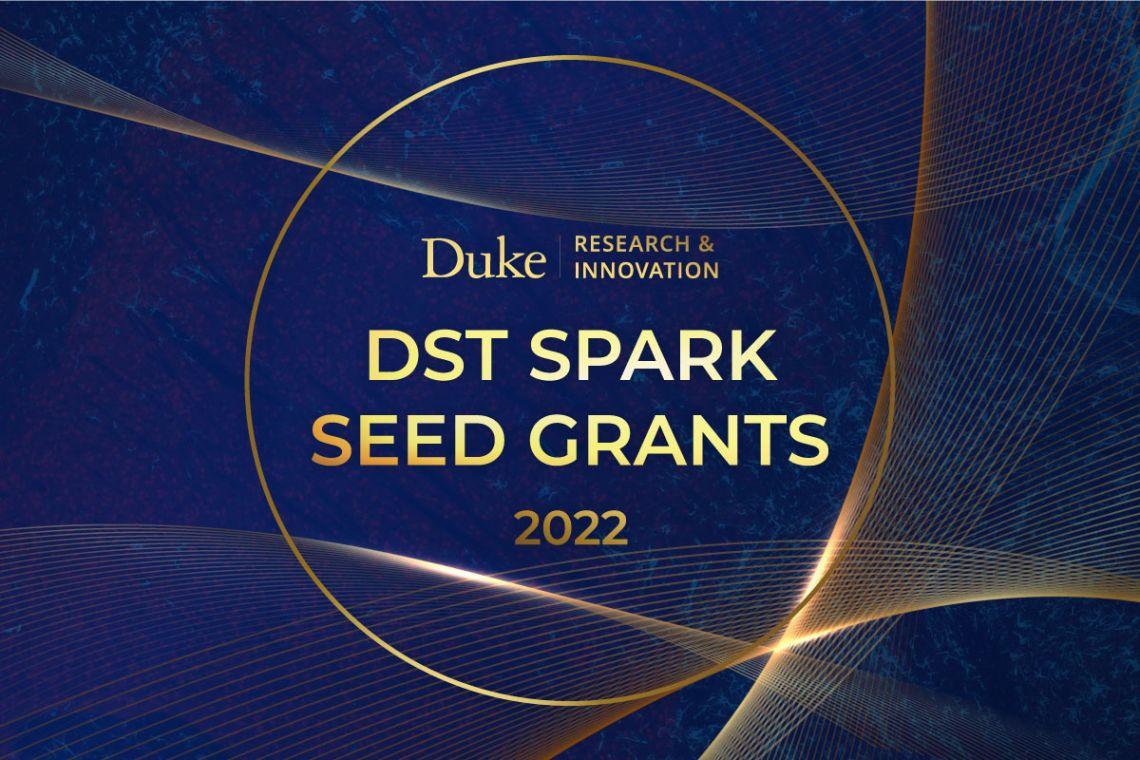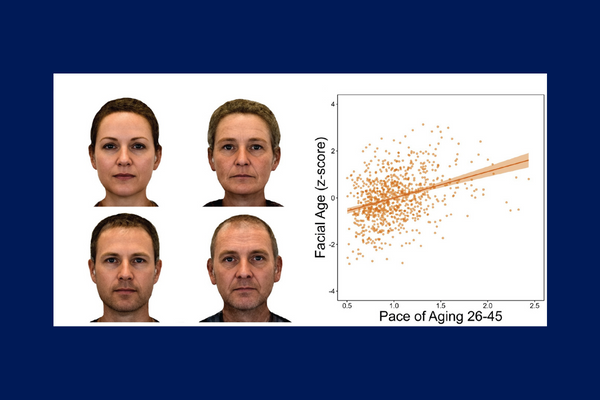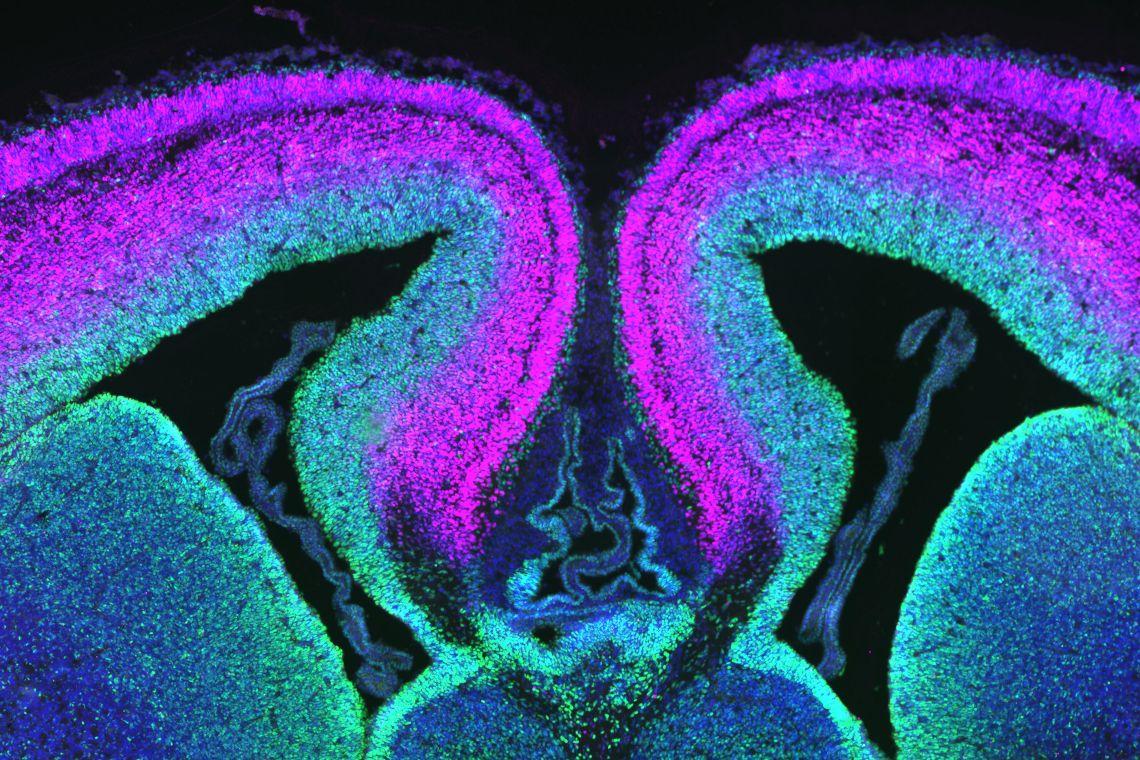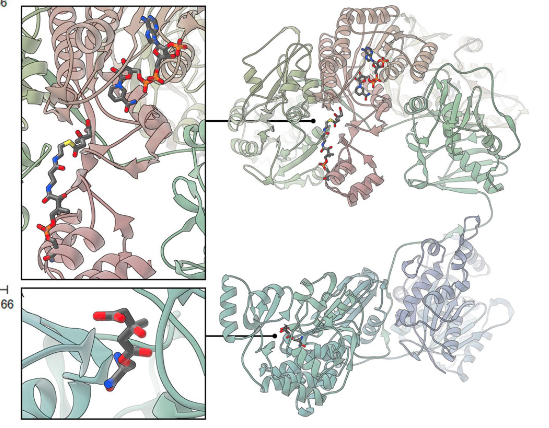Q&A with Charis Eng
Charis Eng, MD, PhD, FACP, is a leader in the field of cancer genetics. She was the first to discover a link between mutations in the cancer suppressor gene PTEN and Cowden syndrome and other disorders that can put patients at an increased risk for several types of cancer.
Two PGC Faculty Among 2022 DST Spark Seed Grant Winners
The Office for Research and Innovation has awarded funding to nine best-in-class projects, including two faculty from the Precision Genomics Collaboratory, for the inaugural Duke Science and Technology (DST) Spark Seed Grant program. This year’s winners include early- to mid-career faculty from across campus and the School of Medicine who were selected from a pool of 52 finalists for delivering innovative and creative ideas in pursuit of new directions and the enhancement of research and scholarship at Duke.
Pace of Aging May Help Predict Risk of Dementia
Even though we add a year to our age with every birthday, are our bodies actually a year older?
For some people, the answer is yes, but for others, maybe not. Researchers have found that some people age slowly, only experiencing a few months’ worth of physical aging in a year, while others age more quickly, in effect, growing years older in just one calendar year. This may help explain why one 50-year-old might look like they are only in their 30s while another may look closer to 70.
Announcing the Fostering Interdisciplinary Genomic Science Pilot Grant Winners
The Precision Genomics Collaboratory offered pilot grants with the goal of forming new collaborations in genomic science between researchers and clinicians to help address pressing challenges in genomics discovery, translation and/or implementation. These one-year, $15,000 grants were open to School of Medicine faculty at all stages of their careers
Role Identified for Key Gene in Developmental Disability Syndrome
A single gene that was previously found to be the driving force in a rare syndrome linked to epilepsy, autism and developmental disability has been identified as a linchpin in the formation of healthy neurons.
Finding a Path Through the Land of the Undiagnosed
Some 30 million Americans experience significant health problems that defy diagnosis. Their symptoms range from mysterious heart attacks in teenagers to spine abnormalities, intellectual disabilities, low muscle mass, digestive troubles, and countless others.
How Fast are You Aging?
Five decades ago, Duke psychologists Terrie Moffitt and Avshalom Caspi began working with a long-term study of 1,000 people in New Zealand to get a better perspective on how childhood factors may have led to adolescent behaviors, such as risk-taking.
Reflections From the Upcoming T32 Graduates
Dr. Heston and Dr. Bihlmeyer both reflected on their rewarding time as post-docs. The two-year training program began during July of 2020 and will conclude at the end of June 2022.
